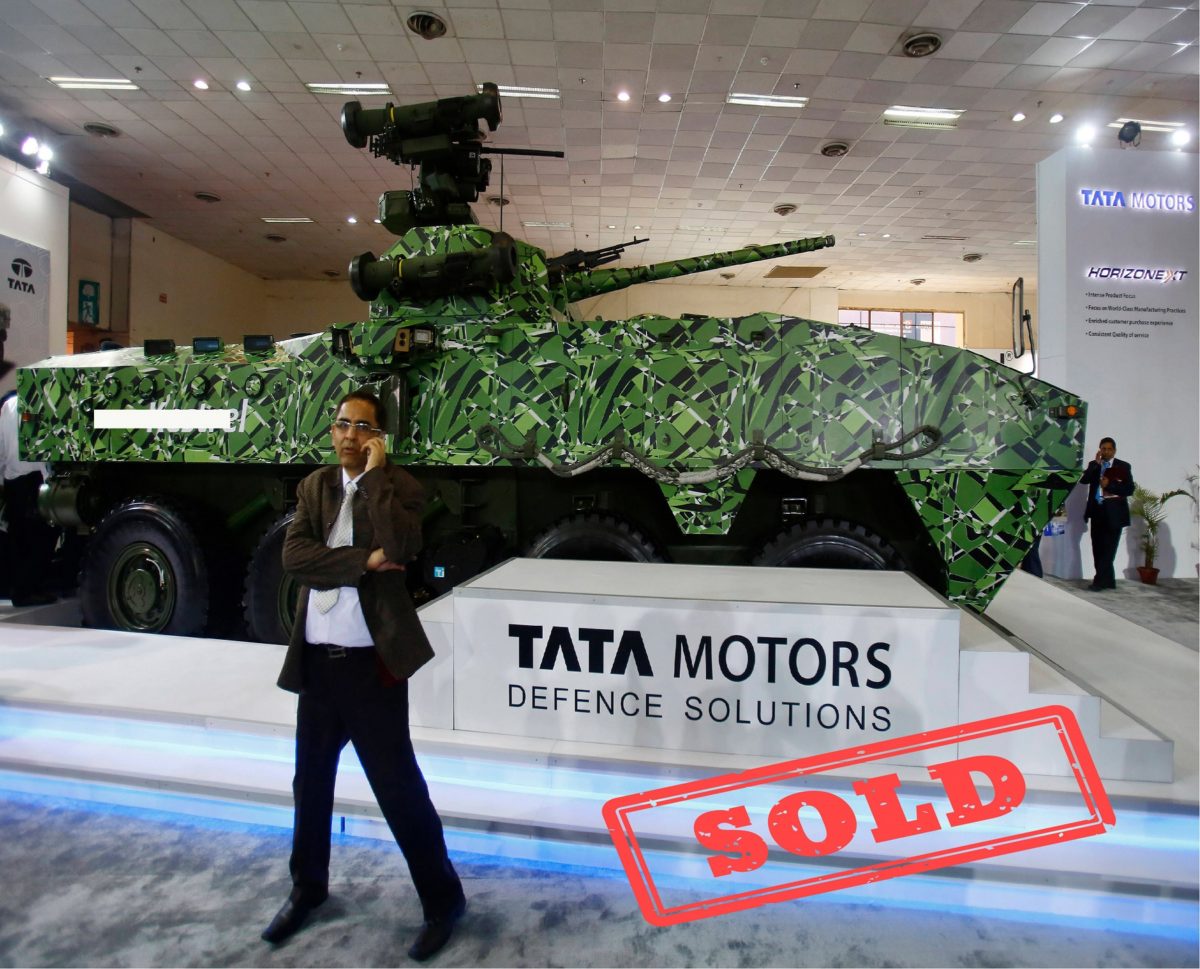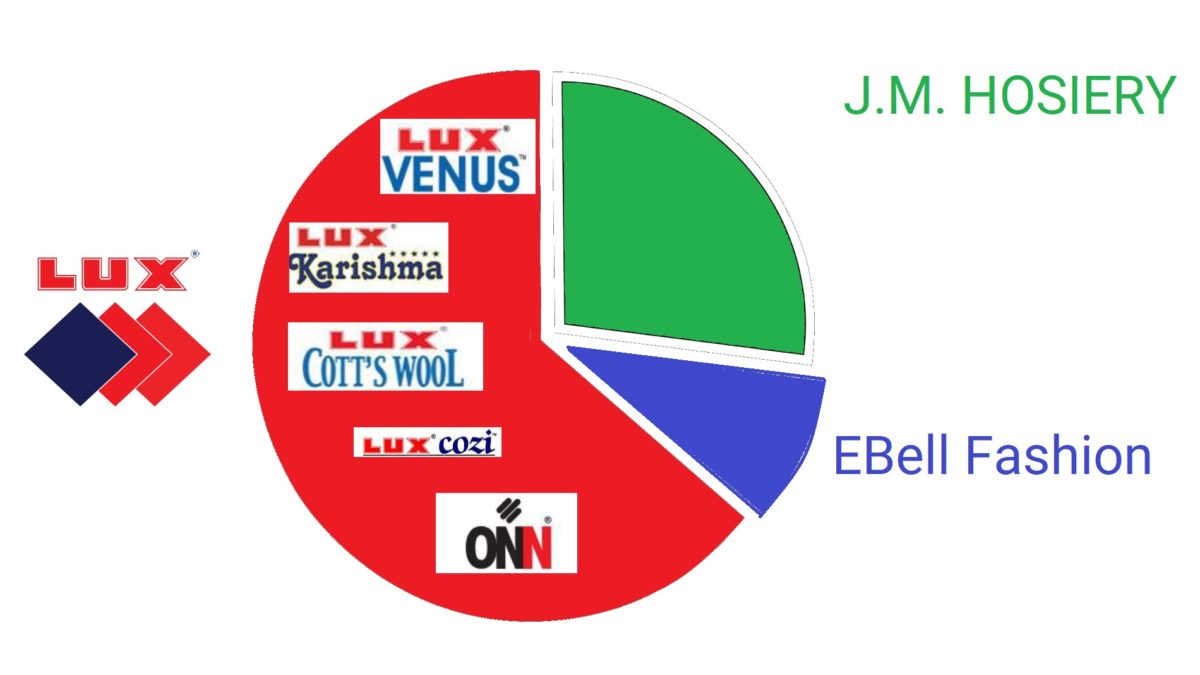Tata Technologies CEO Warren Harris says the company expects a revenue of about $200 million from these acquisitions.
New Delhi. Tata Technologies Ltd plans to acquire companies to expand its defence footprint over the coming four years, a top executive said.
“In the last six years our compound annual growth rate is 16%,” Tata Technologies CEO Warren Harris said in an interview to Washington-based DefenseNews.com. “We fully expect to be able to maintain that organically. Our trajectory over the next four years organically sees us going to $800 million, so we see about $200 million in revenue that will come in from acquisitions.”
Tata Technologies is part of the $100 billion Tata Group.
Harris said that Tata Technologies’ business is about 70% automotive, 11% aerospace, and 12 % industrial heavy machinery.
Harris wants to see aerospace grow at a much higher rate than automotive in order to maintain a balanced portfolio.
Under the government led by Prime Minister Narendra Modi,- India has moved swiftly to seal defence contracts.
“We’re certainly very bullish about the prospects for the Indian government to discharge some of the plans that have been built in for the last 10 years,” he said. “We’ve been expecting this wave of procurement decisions that have not been realized, but I think over the last 12-18 months we’re really starting to see signs that will start to happen.”
India, which imports most of its defence needs, requires foreign manufacturers to source content up to a certain percentage of the total value of the deals they win from the government, under a so-called offsets policy. More international procurement widens opportunities for Indian manufacturers.
Harris believes buying smaller firms will be easier .
“You take in the United States, most of the big defence manufacturers have grown up through the support of a supply chain that has a very long tail. There are a lot of small companies providing engineering services, IT services, some of which are commodity services, many of which in some areas are very strategic,” Harris said.
“Those organizations have not fulfilled their potential because of limited cash, access to the right appropriate resources, global footprint — and what we hope to offer those organizations is all of those things, and what we’re hoping to get through the relationship is the type of relationship that is difficult, again, for an outside organization to fast-track their way into,” he added.
India’s high defence spending, along with the government’s ‘Make in India’ initiative, are expected to encourage the entry of domestic players in the country’s defence sector, research firm MarketsandMarkets said in its recent report.
“The offset requirements as stipulated by the Indian government for the foreign players could present a challenge for foreign players as domestic companies do not have the adequate manufacturing capabilities. However, various large players such as Mahindra & Mahindra and Tata group have been setting up manufacturing facilities in order to cater to the potential rise in demand for indigenous defence equipment,” it said.
Source: Mint




